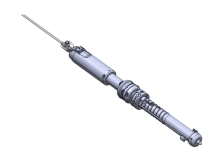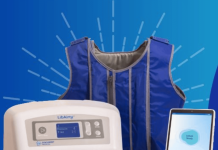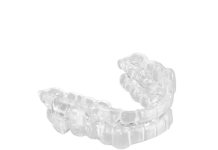The CLASP IID randomized trial comparing the Pascal to the MitraClip will be presented Saturday at the TCT 2022 meeting.
The US Food and Drug Administration has approved the Pascal transcatheter edge-to-edge repair (TEER) system (Edwards Lifesciences) for degenerative mitral regurgitation (DMR), ushering into the field a second clip device for this specific form of mitral valve disease in the United States.
The approval comes on the back of the CLASP IID randomized trial directly comparing the Pascal to the MitraClip (Abbott) in DMR: full results of the trial will be presented Saturday at the TCT 2022 meeting in Boston, MA.
Previous results from the CLASP single-arm safety and feasibility study were reported last year. At the time, investigators detailed some of the features differentiating the Pascal from the MitraClip, including the two clasps for grasping the mitral leaflets, with the paddles facilitating coaptation that can be operated in tandem or independently, allowing for staged leaflet capture and adjustment, and a central spacer that helps to fill the regurgitant orifice area. Of note, the newer-generation G4 MitraClip device also has independently controlled “grippers.”
New G4 data also will be released as part of the TCT 2022 late-breaking science program.
Edwards, announcing the news today, noted that the Pascal is the first of the company’s mitral and tricuspid repair/replacement devices to get the green light from US regulators, but that it already holds CE Mark approval in Europe for use in both mitral and tricuspid regurgitation. Early results in tricuspid valve disease also look positive.
The Pascal device is also up against the MitraClip in functional MR in the CLASP IIF trial, with results still pending.




